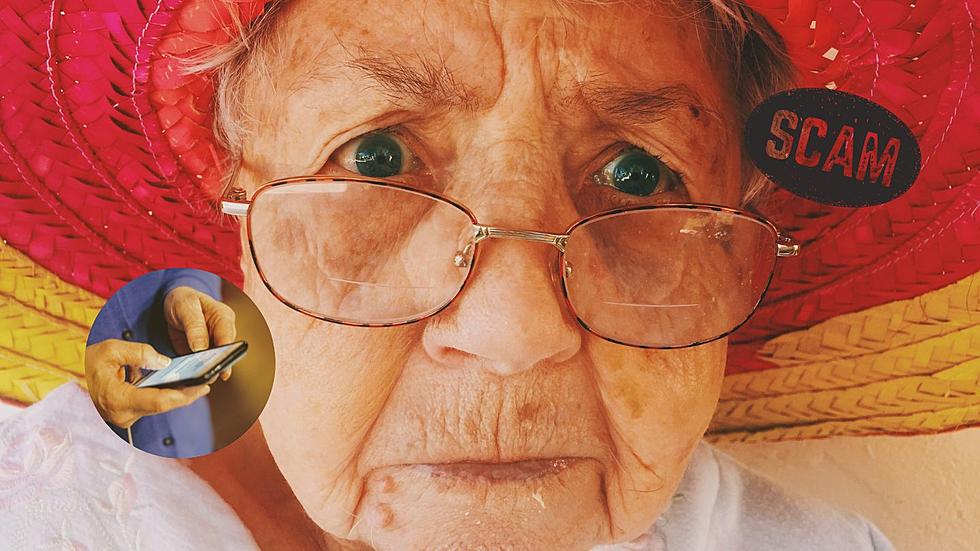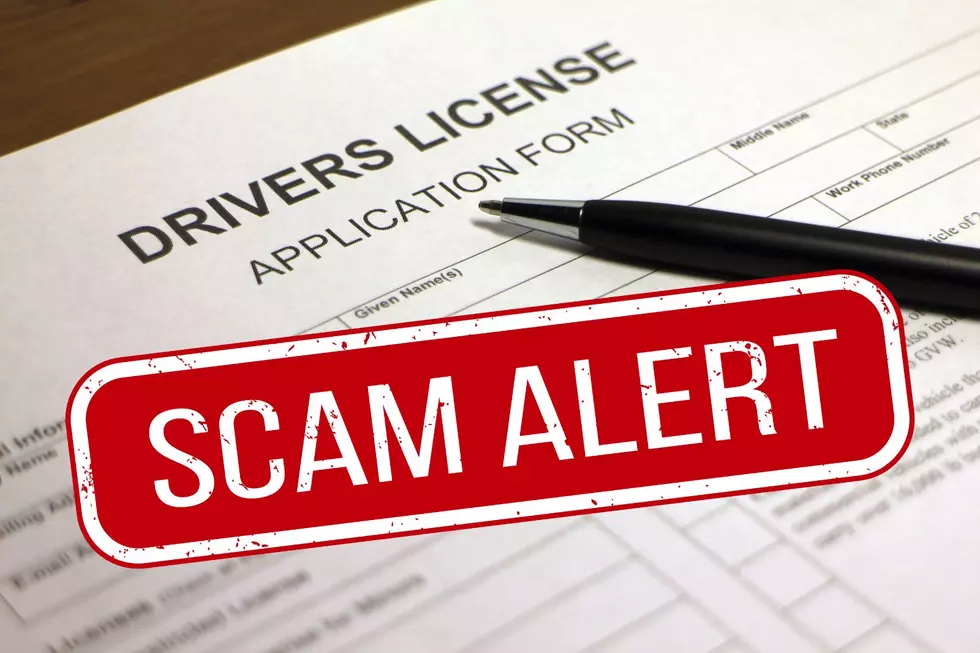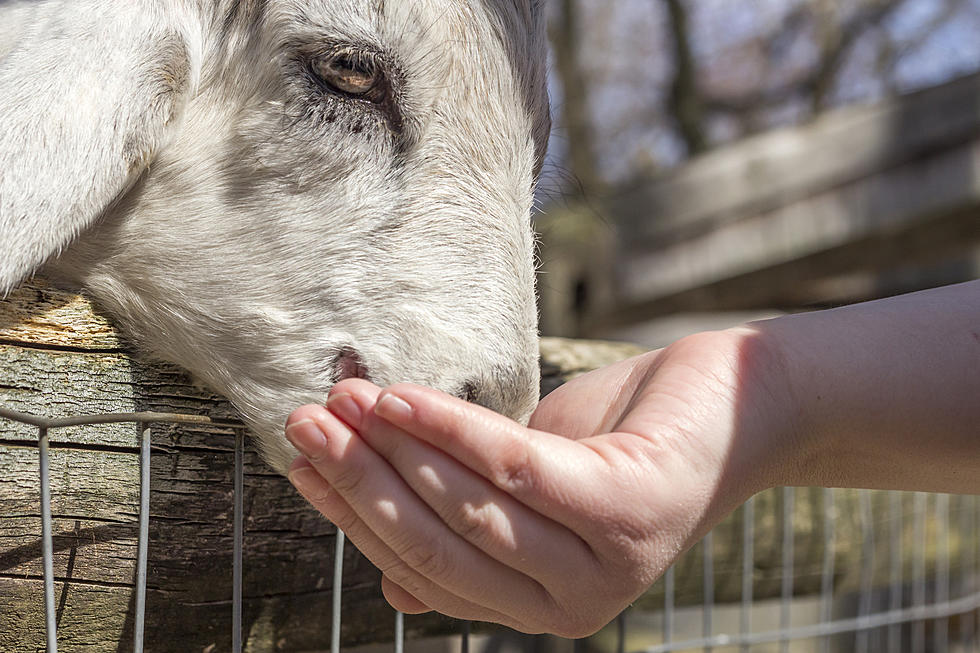
Watch Out For ‘Grandma, Help!’ Type Scams in Minnesota + Wisconsin
New scams, or modernized versions of past scams, seem to pop up every month and the Better Business Bureau does its best to keep the public informed and on alert so they don't fall victim to scammers.
This week, the Better Business Bureau said a common scam has resurfaced, but because of advancements in technology, it's getting harder for some people to recognize until it's too late.
Emergency scams, which involve a family member or friend allegedly in a dire situation, are on the rise. The way it plays out is you get a call, email, or social media message from someone claiming to be a distressed family member. They'll make claims like they’ve been arrested while traveling overseas, or there was an accident, medical emergency, or another calamity.
Scammers make them believable by providing convincing details, such as family names and school details. A common version is the "Grandma, Help!" scam, where a con artist contacts a grandparent claiming to be their grandchild and asking for money. The plea is so persuasive that the grandparent wires money to the scammer, only to find out their family member was never in any jeopardy. This scam can also work in reverse, where the "grandparent" calls their grandchild pleading for help.
You may think you'd be able to recognize this as a scam, but advancements in technology have helped scammers. Recently, the FTC warned that scammers are using voice cloning techniques to imitate the voices of loved ones. This AI technology allows them to copy the voices of people from videos found on social media or other sources. They can then use tools to imitate the voice of your loved one and have it appear to say whatever they wish in a call. As technology continues to improve, it will be nearly impossible to tell if you're talking to a loved one or artificial intelligence.

The Better Business Bureau offers the following tips to help spot this scam:
- Resist the urge to act immediately, no matter how dramatic the story is. Check out the story with other family and friends, but hang up or close the message and call your loved one directly. Don’t call the phone number provided by the caller or caller ID. Ask questions that would be hard for an impostor to answer correctly.
- Know what your family members are sharing online. You may not have control over your family's social media accounts but familiarize yourself with what they share online.
- Don't wire any money if there is any doubt about the call. If a person wires money and later realizes it is a fraud, the police must be alerted.
Hopefully by following their advice, and talking about this scam with the most vulnerable members of your family, we can prevent con artists from taking advantage of those we hold dear.
KEEP READING: Here are the most popular baby names in every state
More From B105









